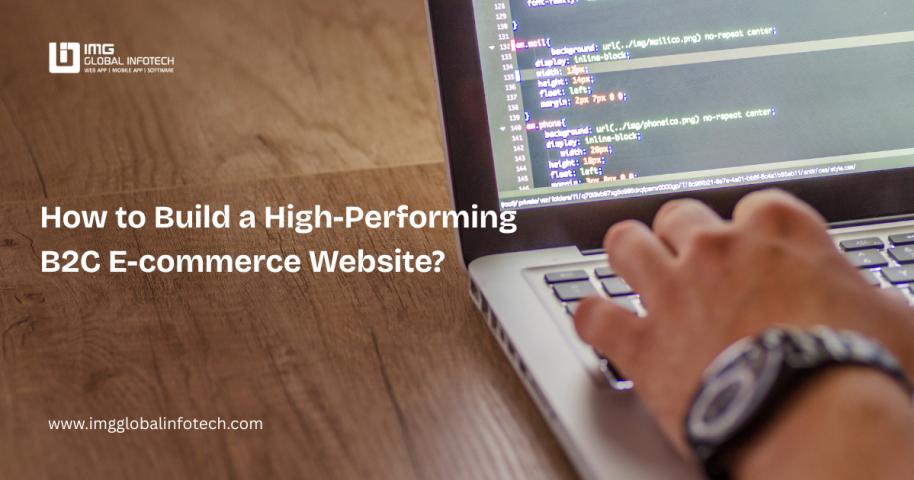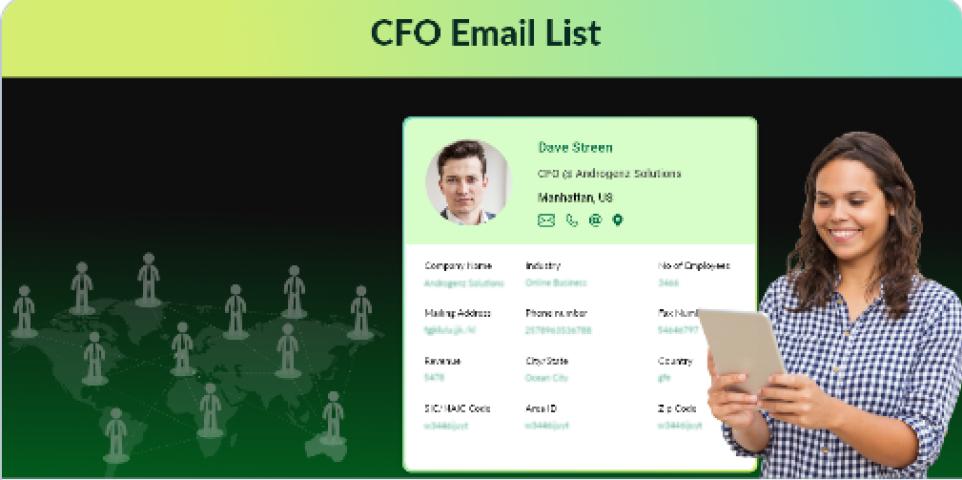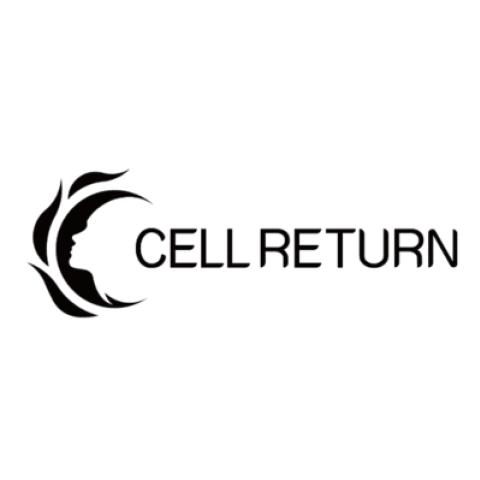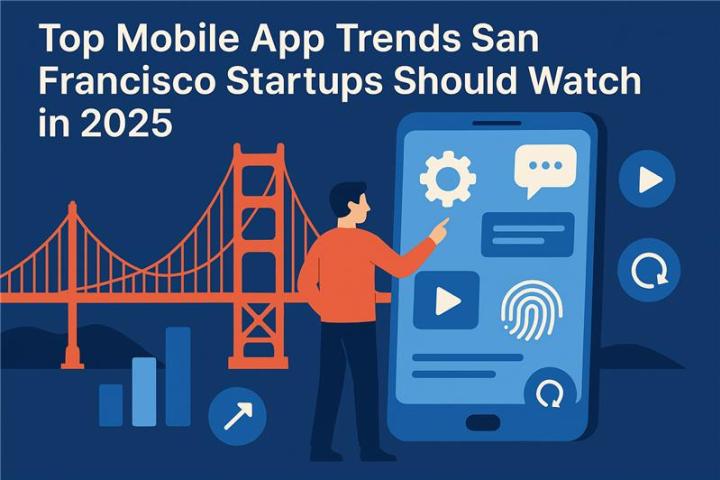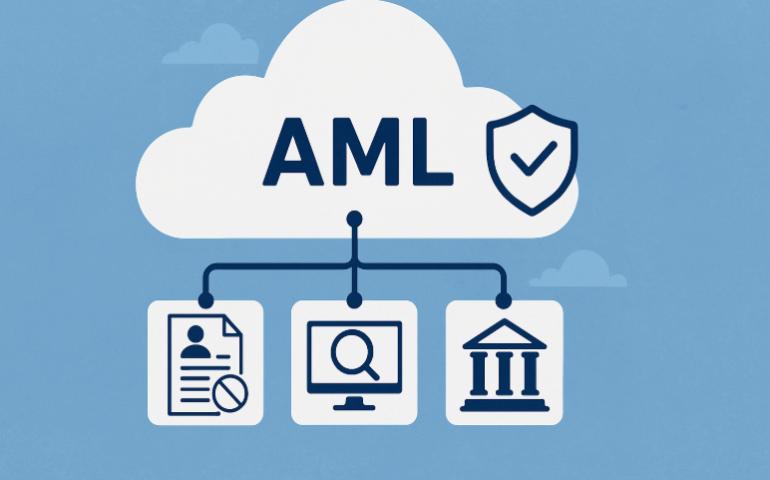As a founder of a startup or an entrepreneur, remaining ahead of the curve is vital to your business’s prosperity. The realm of e-commerce is swiftly transforming, and comprehending the pivotal trends that will influence the industry in 2025 will provide your business with a competitive advantage. Regardless of whether you are an emerging entrepreneur or a strategic leader within your organization, recognizing the direction of the e-commerce market can empower you to make educated choices that foster growth and profitability.
We will examine the fundamental e-commerce trends for startups in 2025 that you should keep in mind. These insights will inform your strategies and assist you in remaining at the cutting edge of e-commerce innovation.
Key eCommerce trends for startups
AI-Driven Personalization
Artificial intelligence (AI) has revolutionized e-commerce for several years, and its influence will keep expanding in 2025. AI-enhanced personalization enables e-commerce companies to craft customized shopping experiences for consumers by evaluating behavior, preferences, and historical purchase behavior.
For startups, incorporating AI solutions into your website and marketing approaches can augment customer satisfaction, boost conversion rates, and cultivate repeat business. Personalization will go beyond just product suggestions; it will encompass adaptive pricing, individual promotions, and tailored content, producing a more captivating experience for your clientele.
Pro Tip: Think about utilizing AI-driven instruments such as chatbots, recommendation systems, and predictive analytics to gain deeper insights into your customers and optimize their shopping experience.
Mobile Commerce (M-Commerce) To Soar
Mobile commerce, or m-commerce, is continually gaining traction. With the global rise in smartphone adoption, an increasing number of consumers are purchasing through their mobile devices. Indeed, research indicates that mobile accounts for over 50% of worldwide e-commerce transactions, and this trajectory is anticipated to escalate further in 2025.
For startups, making your online store mobile-optimized is no longer optional; it’s imperative. Ensure your website is friendly to mobile users, loads swiftly, and is easily navigable on all devices. Additionally, incorporating features like mobile payment systems and one-click purchasing can enhance the shopping experience for mobile customers.
Sustainability in E-Commerce
As consumers become more environmentally conscious, sustainability is becoming a key factor in their purchasing decisions. According to a report by Gartner, 2025 will see a significant increase in consumer demand for sustainable products and practices. This shift is especially relevant for e-commerce startups looking to capture the growing eco-conscious market.
Incorporating sustainability into your business model can include offering eco-friendly products, reducing packaging waste, and promoting sustainable shipping practices. Consumers are increasingly choosing brands that align with their values, so demonstrating a commitment to sustainability can help build customer loyalty and boost brand reputation. Explore the on-demand business model and how it can help your startup adopt sustainable practices while reducing operational costs.
Voice Commerce and Smart Assistants
Voice commerce is rapidly gaining traction, and by 2025, it is expected to become a significant sales channel. Smart speakers and voice-activated assistants like Alexa, Google Assistant, and Siri are changing the way consumers shop. Voice search is becoming more accurate and more widely used, and startups that integrate voice commerce into their e-commerce strategy will have an edge in reaching new customers.
Startups should consider optimizing their websites and product listings for voice search and explore partnerships with voice assistant platforms to enable voice-activated purchasing. Voice commerce offers a frictionless, hands-free shopping experience, which is increasingly popular among busy consumers.
Augmented Reality (AR) and Virtual Reality (VR) Integration
Augmented reality (AR) and virtual reality (VR) are transforming the way consumers interact with e-commerce platforms. In 2025, we can expect AR and VR to be more integrated into online shopping experiences, enabling customers to visualize products in their own space before making a purchase.
For startups, integrating AR and VR can significantly enhance the customer experience, particularly in industries such as fashion, furniture, and beauty. AR can allow users to try on clothes virtually or visualize how a piece of furniture will look in their home, reducing the uncertainty that often comes with online shopping.
Pro Tip: Startups in product-heavy sectors like furniture or home decor can greatly benefit from incorporating AR features to allow customers to virtually place products in their environment.
Subscription-Based E-Commerce Models
Subscription-based e-commerce models continue to gain popularity, especially in industries such as beauty, fashion, and food. By offering customers the ability to subscribe to a recurring delivery service, startups can establish a consistent revenue stream and improve customer retention.
In 2025, subscription e-commerce is likely to become even more sophisticated, offering personalized plans and flexible subscription options. Startups should consider exploring subscription models, whether it’s for a curated product box, exclusive access to content, or a regular replenishment of essential products. For more on business models, read our guide on eCommerce business ideas to discover innovative ways to build your startup.
Social Commerce Will Dominate
Social media platforms like Instagram, TikTok, and Facebook are rapidly becoming e-commerce hubs. Social commerce allows businesses to sell products directly through social media channels, without the need for customers to leave the app. This trend will continue to dominate in 2025, with more platforms offering integrated shopping features and seamless checkout experiences.
Startups should focus on building a strong social media presence and explore features like Instagram Shops and TikTok Shopping to tap into the power of social commerce. Influencer marketing will also play a significant role in driving sales and creating brand awareness.
Pro Tip: Partner with micro-influencers who align with your brand values to create authentic, engaging content that resonates with your target audience.
Faster and More Efficient Delivery Options
In the age of Amazon Prime and instant gratification, consumers expect faster delivery times. E-commerce startups need to adopt innovative shipping solutions to meet customer expectations for quick, efficient, and low-cost delivery. This could mean offering same-day or next-day delivery options, partnering with local couriers, or utilizing new logistics technologies to streamline the supply chain.
In 2025, expect more startups to leverage drones and autonomous vehicles for deliveries, reducing delivery times and costs. Moreover, offering transparent delivery tracking will become a standard expectation for customers.
Conclusion
As you plan your e-commerce strategy for 2025, it’s essential to stay on top of these emerging trends. By embracing AI-powered personalization, mobile commerce, sustainability, voice commerce, AR/VR integration, and subscription models, your startup can position itself for success in the competitive e-commerce landscape.
By implementing the latest ecommerce trends of 2025, you can create a seamless and engaging shopping experience for your customers, driving growth and long-term success for your startup.
